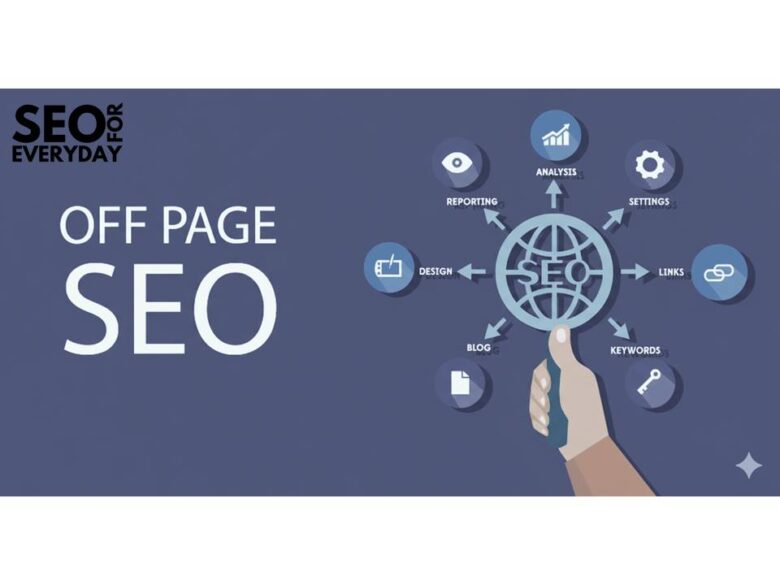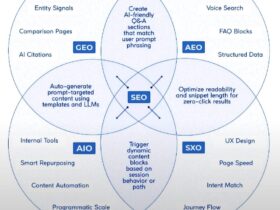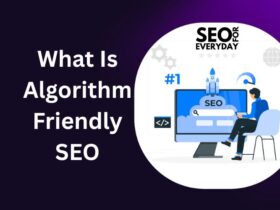In the world of digital marketing, SEO (Search Engine Optimization) is the cornerstone of online visibility. While most people focus on SEO—optimizing website content, meta tags, and internal links—SEO is just as important because it impacts how search engines perceive your site. Simply put, off-page refers to all the actions taken outside your website that impact its search engine rankings.
Unlike SEO, which is entirely under your control, SEO fcuses on building authority, credibility, and trust for your website in the eyes of search engines and users. Google, for instance, evaluates websites not just by their content but also by how other websites and users interact with them. Off-page SEO helps search engines assess whether your website is a reliable source of information.
Key Components of Off-Page SEO
Backlinks
Backlinks are the foundation of off-page. A backlink occurs when another website links to your site. High-quality backlinks from authoritative websites signal to search engines that your website is trustworthy and valuable. Not all backlinks are equal, however. Links from reputable sources carry more weight than links from low-quality or spammy websites.
Social Signals
While social media activity is not a direct ranking factor, social signals—like shares, likes, and comments—can indirectly impact SEO. When your content is shared widely on social platforms, it increases visibility and the likelihood of generating backlinks. Platforms like Facebook, Twitter, LinkedIn, and Instagram can amplify your content’s reach.
Brand Mentions
Search engines track both linked and unlinked mentions of your brand. Even if someone mentions your brand name without linking to your website, it contributes to your online authority. Brand mentions are particularly valuable in establishing credibility and trustworthiness.
Guest Blogging
Writing articles for other websites within your niche is a powerful SEO strategy. Guest blogging allows you to reach new audiences, generate high-quality backlinks, and position yourself as an expert in your field. It’s important to focus on relevance and authority rather than just link building.
Influencer Outreach
Collaborating with influencers can significantly boost off-page. Influencers can promote your content, products, or services to their audience, increasing exposure and engagement. Search engines take note of the traffic and interactions generated through such collaborations.
Forums and Communities
Participating in online communities, discussion forums, and Q&A platforms like Reddit, thority.
Content Marketing Outside Your Website
Off-page SEO isn’t just about backlinks—it’s also about creating and distributing high-quality content on external platforms. For example, publishing eBooks, infographics, press releases, or videos on platforms outside your site can attract attention, shares, and backlinks. Quora and niche-specific forums can improve your off-page SEO. By providing valuable insights and linking back to your content when relevant, you enhance your site’s visibility and
Why Off-Page SEO Is Important
- Improves Search Engine Rankings
High-quality backlinks and brand authority help search engines recognize your site as trustworthy, which can significantly improve your ranking on SERPs (Search Engine Results Pages). - Builds Domain Authority
Off-page SEO contributes to your site’s overall authority. The more credible and relevant sites that link to you, the stronger your domain authority becomes, enhancing your long-term SEO success. - Increases Organic Traffic
When authoritative sites link to your content, more users are likely to visit your website. This not only drives traffic but also attracts audiences that are genuinely interested in your content, products, or services. - Enhances Brand Visibility and Recognition
By actively participating in social media, guest posting, and influencer collaborations, your brand gains exposure across multiple platforms, reinforcing your presence online. - Builds Relationships and Networking
Off-page strategies often involve outreach, collaboration, and engagement. These activities help you build professional relationships, which can open up opportunities for further promotion and partnerships.
Off-Page SEO vs. On-Page SEO
SEO is broadly divided into two categories: on-page SEO and off-page SEO. Both are essential for improving your website’s visibility on search engines, but they focus on different aspects of your site’s performance.
On-Page SEO:
On-page SEO focuses on everything that happens on your website. The goal is to make your website structure, content, and technical elements optimized for search engines and users. This includes:
Website Content: Creating high-quality, relevant, and keyword-optimized content that satisfies user intent.
Meta Tags: Optimizing title tags, meta descriptions, and header tags (H1, H2, H3) to improve click-through rates and help search engines understand your content.
Internal Linking: Creating a strong internal link structure to guide visitors and search engines through your site efficiently.
Site Structure: Optimizing URLs, sitemaps, and navigation for better crawling and indexing.
User Experience: Ensuring fast page loading speed, mobile responsiveness, and easy navigation.
Off-Page SEO:
Off-page SEO focuses on actions taken outside your website to improve its authority, trustworthiness, and reputation. Search engines use these signals to determine how other people perceive your website. Important aspects include:
Backlinks: Links from other authoritative websites pointing to your content. High-quality backlinks indicate credibility.
Social Media Engagement: Shares, likes, comments, and overall activity on social platforms can increase visibility and drive traffic.
Brand Mentions: Even unlinked mentions of your brand help establish trust and recognition.
Influencer Marketing: Collaborating with influencers to promote your brand or content.
Guest Blogging & Community Participation: Posting content on external websites or forums to build authority and attract relevant traffic.
Both on-page and off-page SEO are essential for a comprehensive SEO strategy. On-page SEO ensures your website is well-structured and content-rich, while off-page establishes your website as a credible and authoritative source online.
Best Practices for Off-Page SEO
- Focus on Quality Backlinks
Prioritize backlinks from authoritative and relevant websites over quantity. Guest posts, industry publications, and partnerships are excellent sources. - Engage with social media.
Share your content on social platforms, interact with followers, and participate in discussions. This increases your content’s reach and potential for backlinks. - Monitor Your Brand Mentions
Keep track of how your brand is mentioned across the internet. Tools like Google Alerts or Mention can help identify opportunities for engagement and link building. - Create Shareable Content
Produce high-value content that people want to share, link to, and reference. Infographics, case studies, and data-driven articles often attract the most attention. - Avoid Black-Hat Techniques
Techniques like buying links, link farming, or spamming forums can lead to penalties from search engines. Focus on ethical, white-hat strategies.
Conclusion
Off-page SEO is a critical component of any successful digital marketing strategy. While it may be outside your website, it significantly influences how search engines perceive your site’s authority, relevance, and trustworthiness. From backlinks and social signals to guest blogging and influencer outreach, off-page SEO encompasses a variety of strategies designed to build your brand’s online reputation and increase organic traffic.
Frequently Asked Questions (FAQ)
1. What is off-page SEO?
Off-page SEO is all the actions outside your website, like backlinks and brand mentions, that improve your site’s authority and search rankings.
2. Why is off-page SEO important?
It builds trust and credibility, helping search engines see your website as reliable and valuable.
3. Are backlinks the only off-page SEO factor?
No. Off-page SEO also includes brand mentions, social engagement, reviews, and local citations.
4. Does social media affect off-page SEO?
Indirectly, yes. Social engagement increases visibility and can lead to backlinks and mentions.
5. How long to see results from off-page SEO?
Typically, 3–6 months of consistent off-page activity are needed to notice significant improvements.








3 Comments